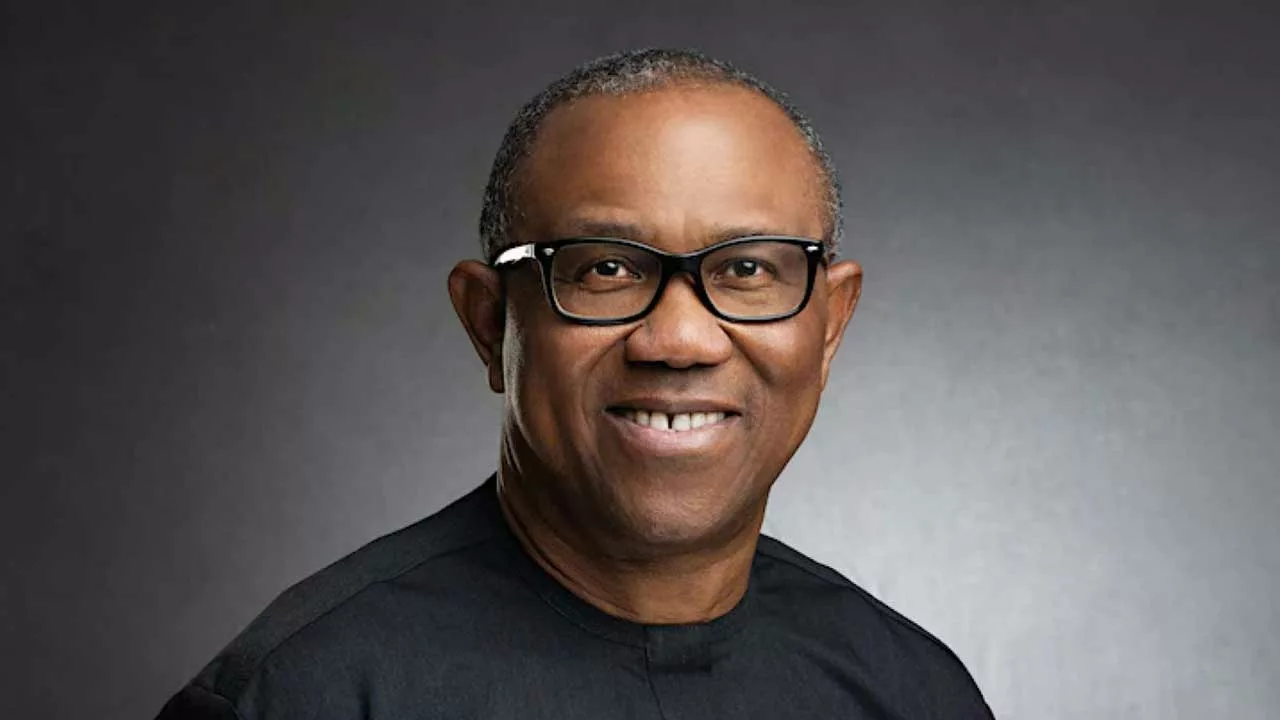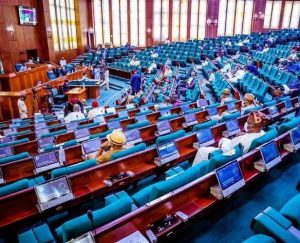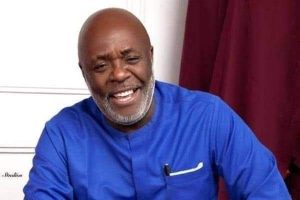Peter Obi Acknowledges Offer to Run with Atiku in 2027, Affirms Commitment to Policy-Driven Coalition
In what appears to be a bold reaffirmation of his ideological stance ahead of the 2027 general elections, the presidential candidate of the Labour Party in the 2023 elections, Mr. Peter Obi, has declared that his involvement in any political coalition is not driven by personal ambition or a quest for political office but by an unwavering commitment to eradicating bad governance, hunger, and poverty in Nigeria.
Speaking to journalists on May 19, 2025, in Abuja, the former Anambra State Governor responded to swirling media reports that he had agreed to serve as the running mate to former Vice President Atiku Abubakar of the People’s Democratic Party (PDP) in 2027, under the condition that Atiku would serve for only one term and document the arrangement formally. Obi firmly denied being part of any such transactional agreement.
“The only coalition I am interested in is the one against hunger, poverty, and the bad state of healthcare and education in the country. I am not desperate for any position,” Obi stated, his tone composed but firm, reminding observers why many young Nigerians and professionals have come to see him as the conscience of contemporary Nigerian politics.
This comment has triggered a nationwide conversation, not only about Peter Obi’s personal political future but about the broader direction of Nigeria’s democratic process as it trudges toward the 2027 elections. What does it mean to form a coalition against bad governance instead of a coalition for power? Is Obi attempting to redefine political mobilization in Nigeria? And more critically, what are the implications for his supporters, the Labour Party, and opposition dynamics going forward?
YOU MAY READ
Atiku Offers Peter Obi VP Slot, Pledges One-Term Presidency in 2027 Coalition Bid
Peter Obi’s political journey began long before his breakout moment in the 2023 presidential election. As governor of Anambra State from 2006 to 2014, Obi earned a reputation for prudence, fiscal responsibility, and relative infrastructural reforms. His minimalist lifestyle and devotion to due process often drew both admiration and criticism, but no one could ignore his departure from the opulence and ostentation associated with Nigerian political elites.
By the time Obi emerged as the Labour Party presidential candidate in 2022, he had amassed a grassroots following that transcended party lines. Known as the “Obidient Movement,” his supporters – mainly youths, civil society groups, and disillusioned middle-class professionals – championed his candidacy as a pathway to real systemic change. Though he lost to Bola Tinubu of the All Progressives Congress (APC), Obi secured over 6 million votes and won in major cities like Lagos, Abuja, and parts of the South-East and South-South – a feat considered groundbreaking for a third-party candidate in Nigeria.
The recent rumours of a potential Obi-Atiku alliance for 2027 ignited a flurry of speculation, debates, and cautionary celebrations across Nigeria’s political spectrum. Some PDP insiders hinted that Atiku, recognizing his advancing age, was open to stepping down after one term if Obi agreed to run alongside him and eventually succeed him. The idea, at least hypothetically, promised to unite the North-South political axis under one banner and pose a formidable challenge to the ruling APC.
But for many in the “Obidient” camp, such an alliance sparked unease. While Atiku is an experienced political figure with significant national reach, he is also seen as a symbol of the old guard. Aligning with him could be perceived as compromising the very ideals – integrity, transparency, and people-driven leadership – that Obi has come to represent.
Thus, when Peter Obi addressed the rumour directly, dismissing it with principled clarity, it appeared as both a moral reset and a strategic reaffirmation. In distancing himself from transactional politics, he re-emphasized what made his candidacy resonate with the masses in 2023 – a message not rooted in power-sharing but in nation-building.
Obi’s choice of words — “coalition against hunger, poverty, and the bad state of healthcare and education” — speaks volumes. In a country where more than 130 million people live in multidimensional poverty (according to the National Bureau of Statistics, 2023), and where hospitals are underfunded, doctors are migrating en masse, schools are crumbling, and millions of children are out of school, this kind of coalition is both urgent and morally unassailable.
Rather than waiting for 2027 to mount a presidential campaign, Obi appears to be redirecting attention to the immediate issues affecting ordinary Nigerians. In his post-election engagements, Obi has consistently visited flood victims, donated to health and educational institutions, and lent his voice to campaigns against fuel subsidy removal and naira devaluation, emphasizing the need for compassionate governance.
By calling for a “coalition against hunger and poverty,” Obi is inviting not just politicians but professionals, civic actors, youth movements, religious leaders, and ordinary citizens to rally around developmental goals. It is a pivot from personality politics to issue-based activism, and one that may very well redefine political coalition-building in Nigeria.
Peter Obi’s platform in 2023 was built not only on his personal credibility but also on the organizational muscle of the Labour Party and the enthusiasm of the Obidient movement. Since then, tensions have occasionally flared between the Labour Party’s traditional structure and the independent-minded Obidient supporters who see themselves as more than just party loyalists.
Still, Obi remains the unifying figure. His ability to straddle both sides without appearing opportunistic is key to maintaining a balance. With his latest declaration, he reinforces the notion that his movement is not beholden to any individual or party but to values and outcomes.
This also creates an opening for opposition unity that isn’t necessarily electoral. Obi’s words may offer smaller parties, activist groups, and credible politicians across the spectrum a platform to join forces in driving national development and challenging the APC-led federal government’s performance without prematurely focusing on 2027 permutations.
With the 2027 general elections two years away, early positioning is already evident. President Bola Tinubu is expected to seek re-election if health and political circumstances permit. The PDP is in internal crisis, as regional power blocs jostle for dominance. The Labour Party, still relatively new on the national stage, is under pressure to consolidate its 2023 gains and build sustainable structures nationwide.
Against this backdrop, Peter Obi’s positioning as an anti-establishment, anti-suffering crusader could prove decisive. He may not yet be declaring a 2027 presidential ambition, but by framing his mission as a war against poverty and poor governance, he remains deeply relevant. Should the political tide change, he may very well emerge again as a central figure in a grand alliance — not because he sought power, but because the people demand it.
Peter Obi’s statement may appear simple, but it is deeply strategic. By choosing to identify with the sufferings of ordinary Nigerians rather than the boardroom games of career politicians, he is realigning the metrics of political legitimacy in Nigeria.
He is saying, in effect: “Do not ask me where I stand in the 2027 race. Ask me where I stand today in the lives of the people. Do not measure me by endorsements or alliances but by my commitment to making life better for the average Nigerian.”
That message, if sustained, could do more than win elections. It could reset the national psyche.
While many political actors are busy scheming and plotting for the 2027 general elections, Peter Obi has planted his flag in the present — in the suffering and aspirations of millions of Nigerians who are tired of a system that keeps failing them.
Whether or not he runs for president again, his declaration marks a turning point. In a political landscape defined by ambition, Obi’s message of sacrifice, issue-based activism, and people-centered coalitions stands out like a lighthouse in the storm.
Nigeria is in desperate need of hope, direction, and healing. And for now, Peter Obi is offering all three — not in the form of campaign slogans, but in the quiet insistence that governance must first and always be about the people.





